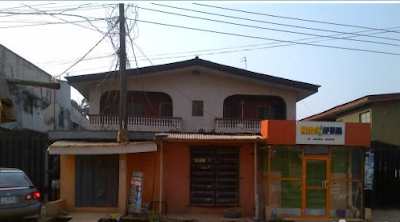Property worth millions of Naira were destroyed in Lagos last weekend during different fire outbreaks across the state.
The fire outbreaks affected over 22 rooms, a two‑ bedroom apartment in Osoba Street, Iyana‑ Ipaja axis and a section of Elephant cement building at secretariat, Alausa.
Of the 22 rooms, 10 rooms were razed in the fire outbreak at Badia, Yaba Local Council Development Area, LCDA, 12 in Idimu axis of the state.
Sources said that the fire outbreak in Badia started around 04:00 am on Saturday, while the two‑ bedroom apartment in Osoba Street started at about 02:06 am.
Vanguard gathered that these fire outbreaks were due to electric surge which apparently started in one of the rooms before spreading to others.
In Alausa, Vanguard gathered that the fire which razed a section of the Elephant cement building, ASSBIFI road, Alausa, Ikeja occurred at about 8:00 am on Sunday.
Though, no casualty was recorded but eyewitnesses said that all they saw was the building enveloped by smoke.
Confirming the incidents, Director of Lagos State Fire Service, Mr. Rasak Fadipe said; "For the fire outbreak on Saturday, these were among the seven distressed calls the fire officials in the state responded to."
On the Elephant house inferno, Fadipe blamed the cause of the fire on electric surge from one of the split air conditioner in the section. According to him, "we received the distress call at 8:10 am this morning (yesterday) from one of the officers who ran to our Alausa fire station."
He said that the fire affected a department on the fifth floor of the building, adding "it was due to our timely response that helped reduce the effect, if not the damage would have been more ."





